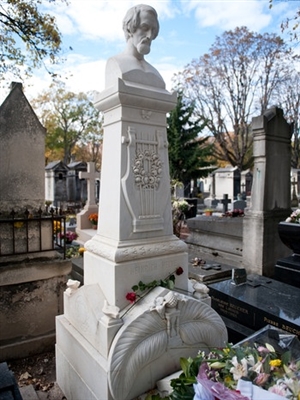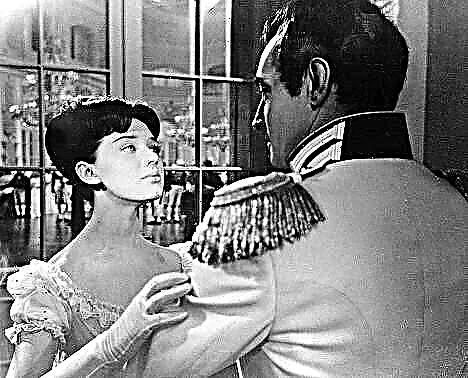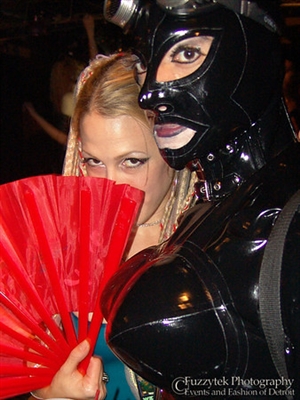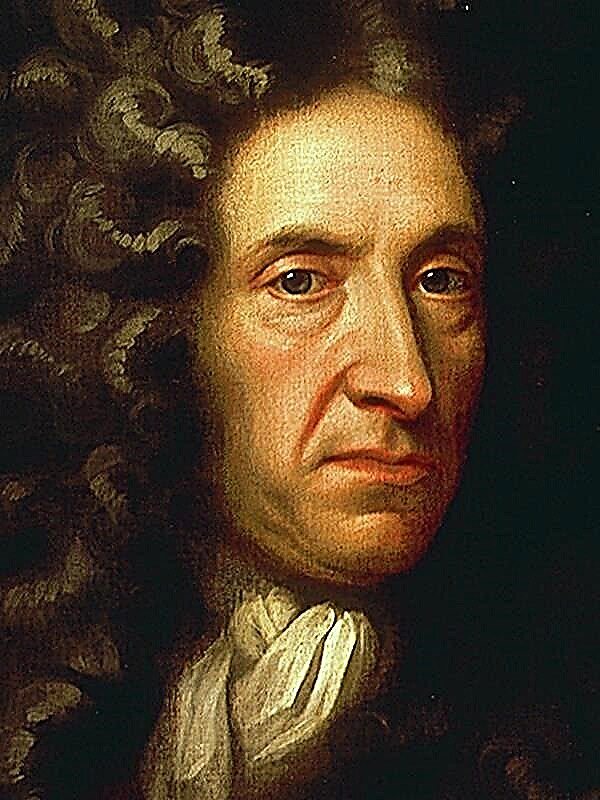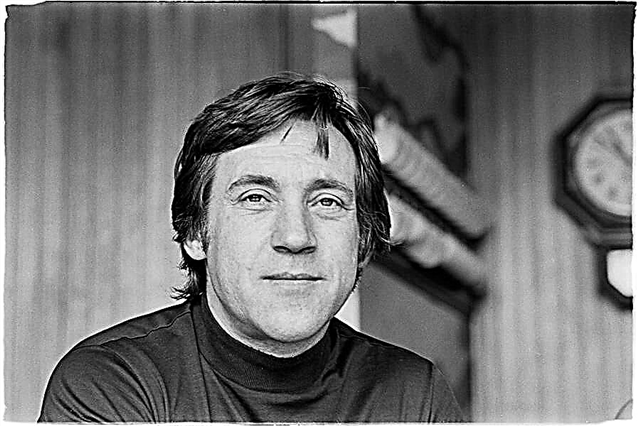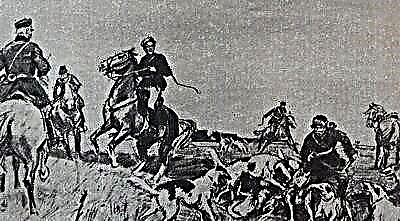(322 words) The theme of the Motherland is becoming a cross-cutting theme for many authors. In the work of S. Yesenin, it is particularly fully revealed through the image of the village. The poet always speaks with warmth and trepidation about Russian antiquity, about nature and about everything that he associates with childhood. Despite disagreeing with the political reality of Russia, he loves his homeland, devotes many poems to it.
Yesenin called himself "the last village poet." He was worried about the fate of ordinary people and the places where they lived. The author clearly saw the poverty in which the inhabitants of the Russian village live, how difficult it is for them to manage their households and cope with all their responsibilities. The Russian village is dying because people are dying who do not want to leave for a hostile, insincere city. Dilapidated huts, depleted land and poverty are rural reality.
At the same time, the poet turns to the beauties of nature, which gives joy and a desire to live. Yesenin loves the feeling of spaciousness that appears during walks, and positive emotions brighten the oppressive position of village life. In his work, he endows the village with the “Russian beginning,” because culture, traditions, and the harmony of man with nature are preserved here. And therefore, peasant life and nature become the central themes of his poems. The poet called the first collection of poems "Radunitsa", and the reader is given the opportunity not only to get acquainted with the village of Ryazan, where the poet was born, but also to observe peasant life and admire landscapes with him.
Returning to Soviet Russia from America, Yesenin begins to feel like a stranger. The village, as it was during his childhood and youth, is irretrievably a thing of the past; it is no longer the center of spiritual life and culture, as he once described it. It becomes a symbol of backwardness, and it is difficult for a poet to accept such changes. He writes the poem Sleeping Feather. The plain is dear ... ”, in which there are such lines:“ And now, when the new world has touched a new light / And the life of fate has touched mine, / I still remained a poet / Golden log cabin ”.
Undoubtedly, the life of S. Yesenin was very difficult, but he managed not only to preserve his boundless love for the Motherland, but also to convey it to his readers through images of a village and nature that they understood.

